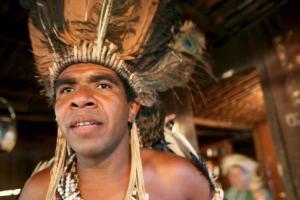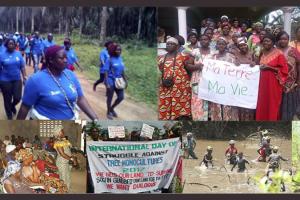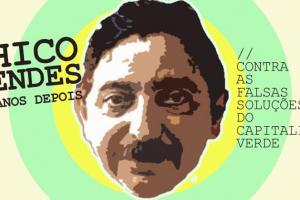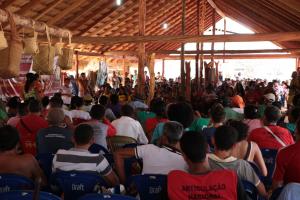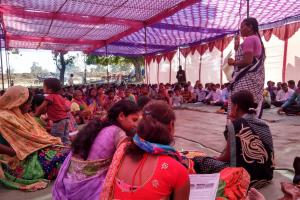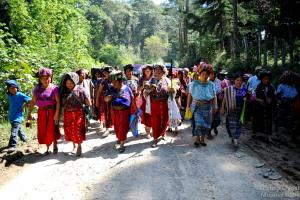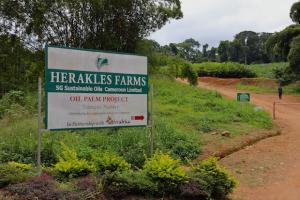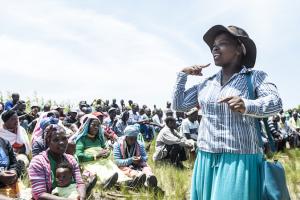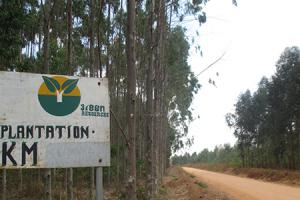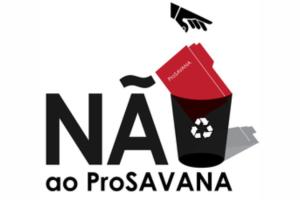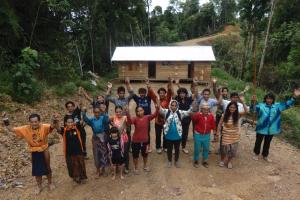Struggles for the Forests
When corporations destroy forests, or restrict or even prohibit access to forest peoples' territories, they place communities' ways of life and their very existence at risk. WRM supports forest peoples' struggles to defend their territories, and their right to decide how to live, and how to use the forests they depend on.
Cacique Babau, from Serra do Padeiro Tupinambá community (Brazil), has been suffering repeated threats. People and social organizations, through a letter to the Governor, demand that the state guarantee his safety. We urge you to sign-on the letter in solidarity.
Despite the many profound damages that industries cause in the world's forests, they also cause something else to emerge: the strong and diverse resistance movements of affected communities defending their territories, livelihoods, cultures and even their existence. The struggle continues! (Available in Swahili).
The declaration is open for sign-on in solidarity until 31 January 2019.
WRM spoke with Kum’tum, an indigenous man from the Akroá-Gamela people of Brazil. These are his reflections about their history and the current collective process that aims to rediscover and recover their roots, after having been dispossessed of their territory and community. (Available in Swahili).
Village assemblies in Korchi, along with resistance against mining, are actively engaged in reimagining and reconstructing local governance. Women’s collectives have also started to assert their voice in these emerging decision-making spaces. (Available in Swahili).
In Latin America, women have always been part of the historical struggles in the defence of territory and the environment. Through protests and daily practices, they have resisted the many ways of extractivism and all forms of violence against women. (Available in Swahili).
An interview with the activist Nasako Besingi. He organized communities in their protests against US agribusiness Herakles Farm’s palm oil plantations. Due to this engagement, he has been the victim of Herakles Farm and government physical attacks, intimidation and criminalization. (Available in Swahili).
The Southern African Peoples Permanent Tribunal on Transnational Corporations has been an important tool for communities to share their struggles as well as to challenge the status quo by rising up to say NO to corporate power, impunity and a destructive development agenda. (Available in Swahili).
At first glance, the Nzivi village is a village as many others in the area. But a big difference is that it does not allow investors for large-scale activities, such as monoculture tree plantations. Green Resources is the main private plantation company active in Tanzania. (Available in Swahili).
